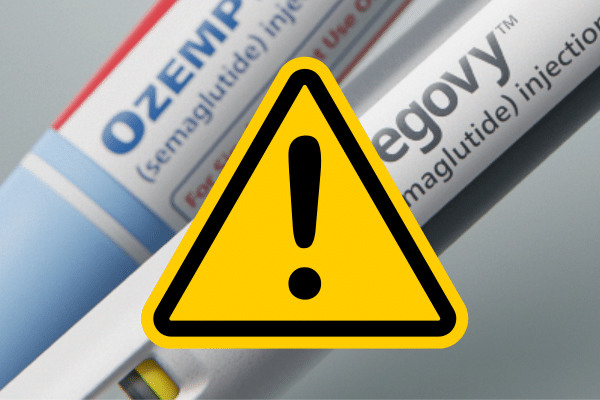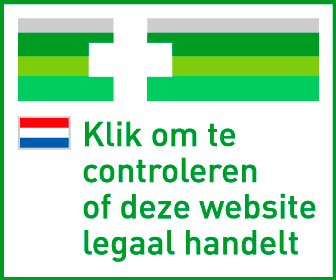Scams involving weight-loss drugs like Ozempic and Wegovy are on the rise. These drugs are highly effective and in high demand, making them a target for online scammers. Ozempic and Wegovy, both prescription-only, have become very popular. Because they are often hard to find, scammers are taking advantage by offering these drugs online without a prescription, taking people’s money and delivering fake drugs or nothing at all.
From January to April 2024, McAfee (a company specializing in antivirus software, that also offers identity theft protection and VPN services for online privacy) found nearly 177,000 fake emails and 449 fake websites offering Ozempic and Wegovy. Fake attempts increased by almost 200% compared to the previous three months. Scammers also created fake profiles on Facebook and posted hundreds of false offers on Craigslist.
Originally, semaglutide was developed to treat diabetes but also helps with weight loss by reducing appetite. The FDA approved Wegovy for weight loss in 2021. Another drug, Zepbound by Eli Lilly, has since been approved and is based on Mounjaro, another diabetes treatment.
With Ozempic costing nearly $1,000 a month without insurance, its demand is skyrocketing. Sales are expected to reach $11 billion this year, which scammers find irresistible.
Scammers often target people who can’t get a prescription or find the drug locally. They use personal information to lure victims through emails or ads on trusted websites. Scammers may pose as doctors or pharmacists from abroad, offering the drugs without a prescription and accepting unusual payment methods like Bitcoin, Zelle, Venmo, and Cash App.
McAfee warns that some scammers take your money and disappear, while others send fake injection pens. These counterfeit drugs pose serious health risks.
To avoid scams, always buy these drugs with a prescription from licensed pharmacies. Be cautious of deep discounts, overly positive reviews, and urgent offers. Use security software to detect scams and always verify the seller’s information.
If you fall for a scam, report it to the authorities and the social network where the scam occurred. If you paid by credit card or PayPal, contact them for a refund.
Source: Seattle Times



